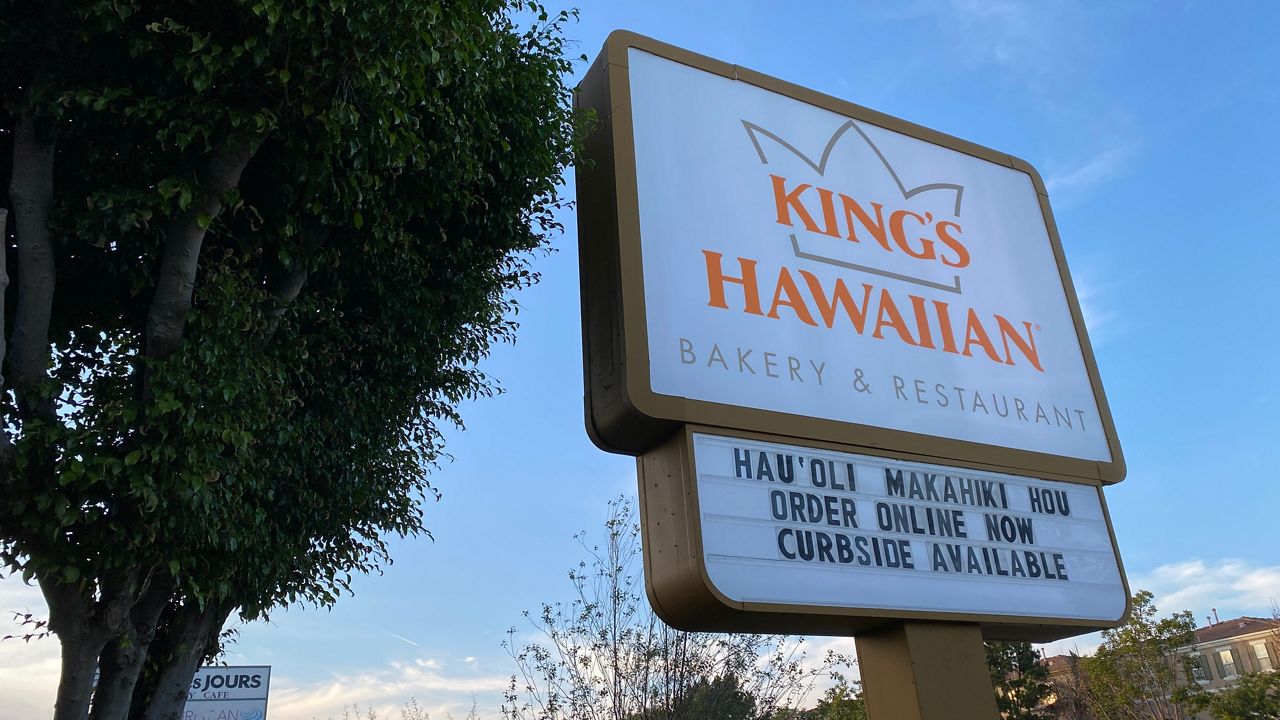TORRANCE, Calif. — A New York man has filed a federal lawsuit against Torrance’s King’s Hawaiian bakery, alleging that labeling its products with the company’s Hawaiian origins — despite the company’s California home — amounts to negligent misrepresentation and fraud.
Robert Galinsky, represented by Sheehan & Associates of Great Neck, New York, and Reese LLP of New York City, filed a request for a class-action complaint in the Southern District of New York on December 25 — Christmas Day. Galinsky’s complaint acknowledges that King’s Hawaiian LLC is both the “leading seller of Hawaiian Rolls and essentially invented" Hawaiian sweet rolls. It also states that the company was founded in Hilo, Hawaii, and later moved to Torrance.
King’s Hawaiian has had a presence in Southern California since 1977, including a full-service restaurant and bakery on Sepulveda Boulevard, a fast-casual restaurant on Western Avenue, and a full-scale manufacturing plant and corporate headquarters in east Torrance.
The complaint then argues that “today’s consumers are faced with increasing commercialization of products and seek brands that are genuine” and that “authenticity has overtaken quality as the prevailing purchasing criterion.” That authenticity, the complaint continues, leads consumers to “pay a price premium ‘for what they perceive to be authentic products, particularly those perceived to be authentically associated with a specific place.’”
But the combination of the company name and the name of the Hawaiian sweet roll product, combined with the front label reading Hilo, Hawaii, “causes consumers to believe the product is made in Hawaii,” and therefore, the product is “deceptive and misleading to consumers.”
“Plaintiff and class members would not have purchased the product or paid as much if the true facts had been known, suffering damages,” the complaint reads. The complaint then accuses King’s Hawaiian of negligent misrepresentation, fraud, and unjust enrichment under New York consumer protection statutes.
Galinsky seeks, among other things, a jury trial, declaration of this suit as a class action, injunctive relief to correct King’s Hawaiian’s practices, and monetary damages. When asked what a potential remedy would look like, Galinsky’s attorney Spencer Sheehan suggested that a remedy for this lawsuit would be to join two separate elements on the label together, to read “Est. 1951, Hilo, Hawaii.”
Sheehan’s firm is no stranger to class action lawsuits based on product labeling. A similar lawsuit filed in November accuses Heineken USA of defrauding consumers for suggesting its Tecate beer brand is brewed in Mexico while labeling it as a “product of Holland.”
Indeed, the Sheehan & Associates website advertises expertise in consumer and class action law and cites two other class-action suits over ingredients listed on packaged food products.
“My position is that it’s not a small, little thing. It might seem small, in the sense that they wrote two words too close to other words that give an impression of a misleading origin, but that’s one perspective,” said attorney Spencer Sheehan.
When asked why the burden is on the bakery to prove its origins in this case, and where a customer’s wariness in the marketplace should end, Sheehan admitted that there’s “no real bright line about whether all of this is misleading.
“This is not a science, there’s no real formula for what is and is not acceptable. You know, ‘buyer beware,’ I know a lot of judges who will say that, if (a customer) really cared, they would have scrutinized the packaging, and other judges who will say…it’s not the consumer’s requirement to verify or confirm.”
“There are never going to be things that are so clear-cut…the cases of deception and misleading representations are always at the margins,” Sheehan said.
King’s Hawaiian has not yet responded to a request for comment. No hearings have yet been set for this case.



